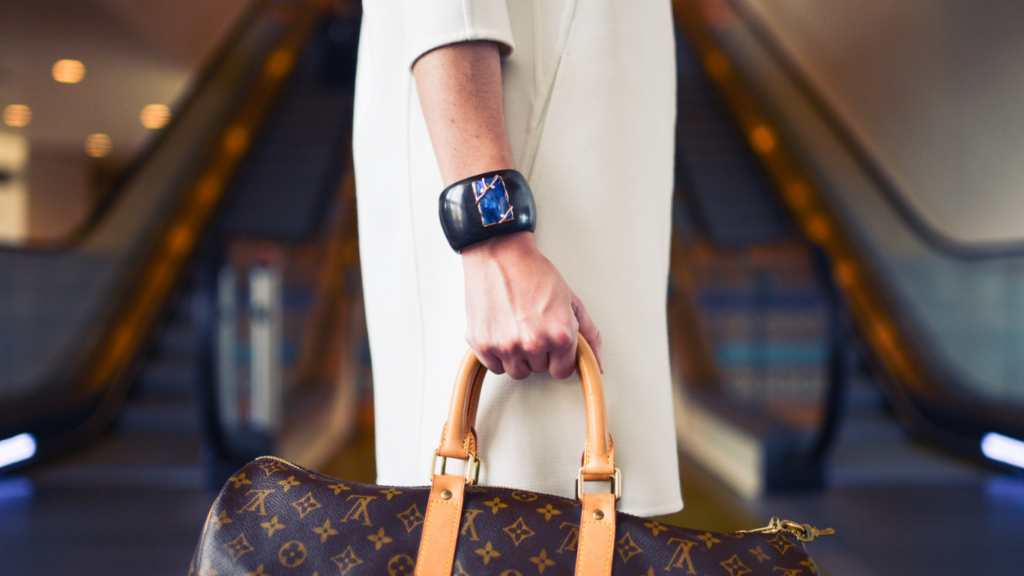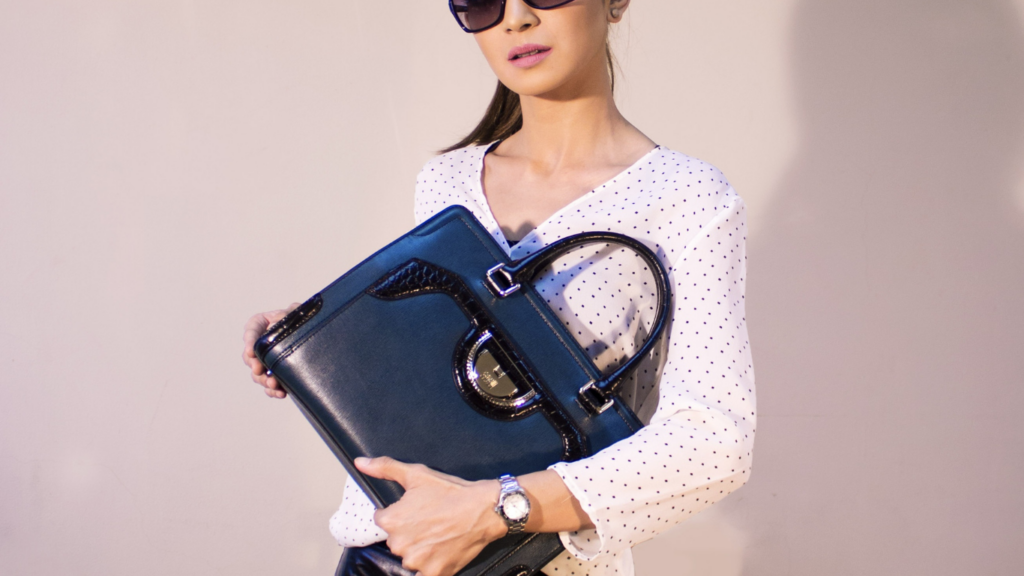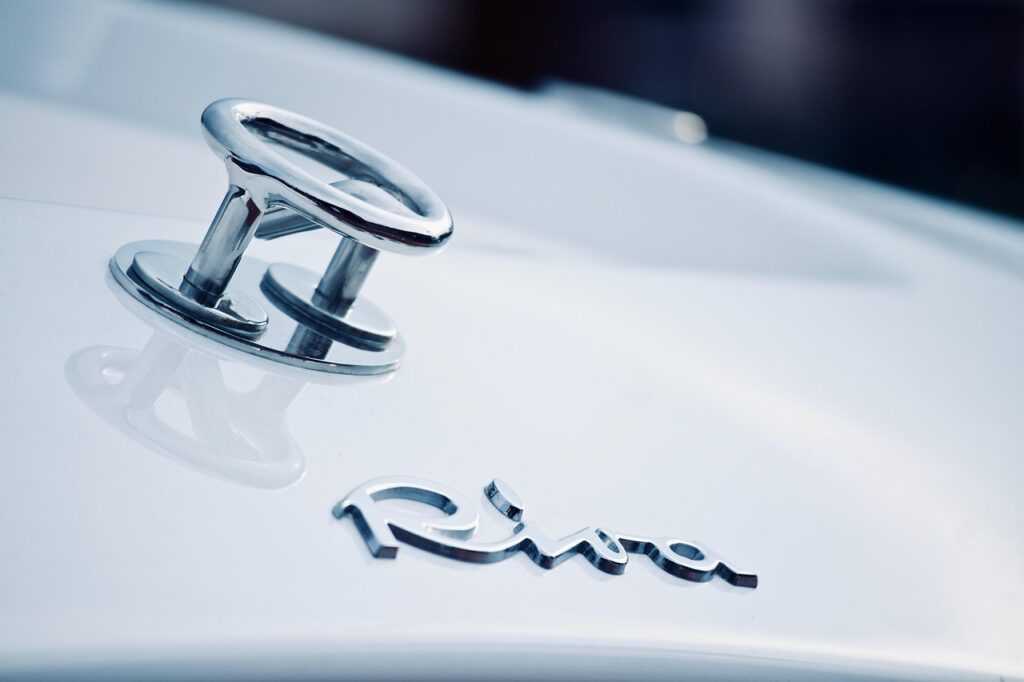In the ever-evolving landscape of luxury goods, personalization emerges as a key player shaping the future of the industry. As I delve into the intricate world of bespoke experiences and tailored offerings, it’s evident that customization is no longer a mere trend but a fundamental aspect driving consumer expectations.
From personalized monograms on handcrafted leather goods to curated shopping experiences, luxury brands are embracing individuality like never before.
As I explore the impact of personalization on the future of luxury goods, it becomes apparent that discerning consumers seek more than just products; they crave unique stories and exclusive encounters that resonate with their personal style and values.
In this digital age where authenticity reigns supreme, the ability of luxury brands to offer customized solutions will be paramount in fostering long-lasting relationships with their clientele.
Current Trends in the Luxury Goods Industry
Discussing current trends in the luxury goods industry, I observe a significant shift towards hyper-personalization. Luxury brands are increasingly focusing on offering unique, tailor-made experiences to their clientele.
Customization has evolved beyond just products to encompass a holistic approach where every touchpoint with the brand is personalized to cater to individual preferences.
In this digital era, luxury brands are utilizing advanced technologies such as artificial intelligence and data analytics to gather insights into consumer behavior and preferences. By leveraging these tools, brands can create personalized offerings that resonate with their target audience on a deeper level.
From personalized recommendations based on past purchases to exclusive events tailored to specific customer profiles, brands are striving to create a sense of exclusivity and individuality. Moreover, sustainability has emerged as a key trend in the luxury goods industry.
Consumers are increasingly prioritizing ethical practices and environmentally conscious products. Luxury brands are responding by incorporating sustainability into their core values, offering eco-friendly alternatives, and transparently communicating their efforts towards a greener future.
This shift towards sustainability not only aligns with consumer values but also positions luxury brands as responsible global citizens. Furthermore, the rise of the digital-native generation has compelled luxury brands to enhance their online presence and e-commerce capabilities.
Brands are investing in immersive online experiences, virtual try-on technologies, and seamless omnichannel integration to cater to digital-savvy consumers who demand convenience and personalization in their shopping journey.
In essence, the current trends in the luxury goods industry underscore the importance of personalization, sustainability, and digital innovation in meeting evolving consumer expectations and fostering meaningful connections with discerning clientele.
Luxury brands that can adeptly navigate these trends are poised to thrive in the ever-evolving landscape of luxury retail.
Benefits of Personalization in the Luxury Goods Sector
Personalization in the luxury goods sector offers a range of benefits that contribute to enhancing customer experience, boosting brand loyalty, and increasing customer engagement.
Enhanced Customer Experience
Personalization in the luxury goods sector plays a pivotal role in enhancing the overall customer experience. By tailoring products and services to individual preferences and needs, luxury brands can create a unique and memorable shopping experience for their customers.
Whether it’s customizing product features, engraving initials, or offering personalized recommendations based on previous purchases, these personalized touches cater to the specific desires of each customer, making them feel valued and understood.
Brand Loyalty and Customer Engagement
Personalization fosters brand loyalty and strengthens customer engagement in the luxury goods sector. When customers receive personalized recommendations or exclusive offers based on their preferences, they are more likely to develop a deeper connection with the brand.
By consistently delivering tailored experiences and products, luxury brands can build trust and loyalty among their customers, encouraging repeat purchases and long-term brand advocacy. This personalized approach not only enhances customer satisfaction but also drives engagement through personalized communication and interactions, creating a sense of exclusivity and relevance for each individual customer.
Implementing Personalization Strategies in Luxury Brands
As I delve into implementing personalization strategies in luxury brands, it’s essential to explore the various avenues through which high-end products can offer customization options to their discerning clientele.
Customization Options for High-End Products
In the realm of luxury goods, providing customization options for high-end products is pivotal in meeting the unique preferences of affluent consumers. These options range from monogramming initials on accessories to bespoke tailoring of couture garments.
By offering personalized touches, luxury brands elevate the exclusivity and individuality of their products, catering to the distinct tastes of their clientele. Such customization not only enhances the overall customer experience but also strengthens the emotional connection between the consumer and the brand.
Examples:
- Engraving initials on luxury watches or perfumes.
- Tailoring bespoke suits or designer gowns to fit the client’s exact measurements.
- Customizing leather goods with personalized color choices or embossed patterns.
By incorporating these customization options, luxury brands can create truly unique pieces that resonate with their customers on a personal level, fostering long-term relationships built on tailored experiences and exclusivity.
Technology’s Influence on Personalization in Luxury Goods
Expanding on the role of technology in personalizing luxury goods, it’s evident that advancements have revolutionized the industry. High-end brands use cutting-edge tech to create bespoke experiences that cater to individual preferences seamlessly.
AI and data analytics play a pivotal role in analyzing consumer behavior, enabling brands to offer tailored products and services.
Incorporating technology allows luxury brands to provide customization options that go beyond traditional monogramming. From algorithm-driven recommendations to virtual try-on experiences, these digital solutions elevate the personalization journey for consumers.
By integrating tech-driven personalization, brands can engage customers more effectively, enhancing loyalty and retention rates. Furthermore, the digital sphere has become a playground for luxury brands aiming to enhance their online presence.
Websites, apps, and social media platforms serve as primary touchpoints for personalized interactions with customers. Through targeted marketing campaigns and interactive interfaces, brands can create immersive digital experiences that resonate with their affluent clientele.
Overall, technology has become the cornerstone of personalization in luxury goods, enabling brands to deliver bespoke products, refine customer relationships, and establish a competitive edge in the ever-evolving luxury market landscape. Leveraging tech tools effectively not only elevates the consumer experience but also positions brands as innovators in the realm of personalized offerings.
Challenges and Considerations for Personalization in the Luxury Sector
Discussing personalization in the luxury sector unveils various challenges and considerations that brands need to navigate effectively. Firstly, one of the key challenges in personalizing luxury goods lies in maintaining exclusivity while offering personalized experiences.
It’s essential for luxury brands to strike a delicate balance between catering to individual preferences and preserving the aura of uniqueness associated with luxury products. Another critical consideration is data privacy and security.
As brands collect vast amounts of data to personalize offerings, ensuring the protection of customer information is paramount. Maintaining trust and confidentiality with discerning clientele is crucial in the luxury sector.
Additionally, the integration of advanced technologies like AI and data analytics poses challenges in terms of implementation and upkeep. Luxury brands must invest in robust technological infrastructures and talented professionals to harness the full potential of personalized experiences without compromising on quality.
Moreover, the shift towards sustainable practices presents a complex challenge for personalization in the luxury sector. Balancing personalized luxury with eco-friendly initiatives demands innovative solutions that resonate with environmentally conscious consumers.
In a fast-paced digital landscape, standing out amidst fierce competition while delivering personalized experiences remains a formidable task. Crafting authentic, meaningful interactions that resonate with luxury clientele requires continuous innovation and adaptability.
As luxury brands navigate these challenges and considerations, embracing personalization strategies that align with their brand ethos and customer expectations will be vital in shaping the future landscape of luxury goods.






